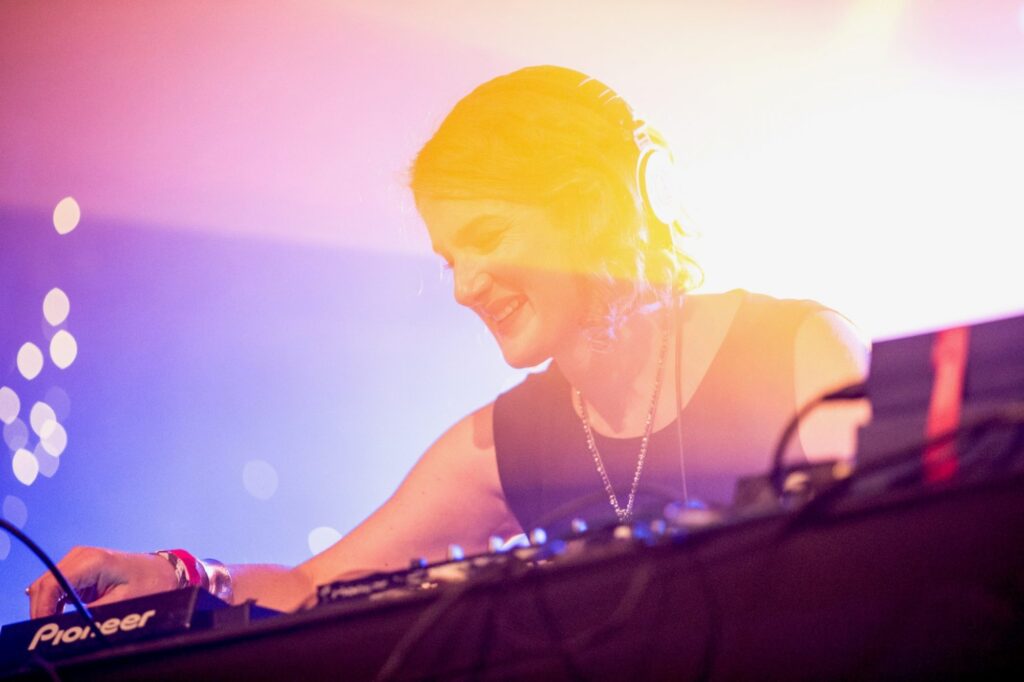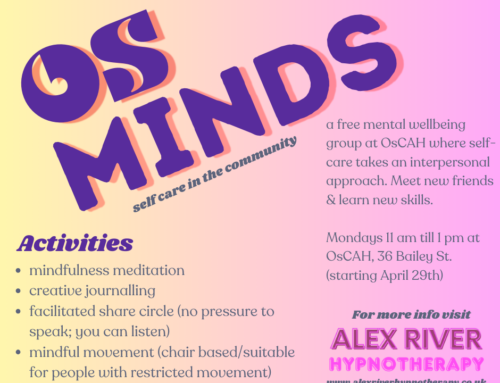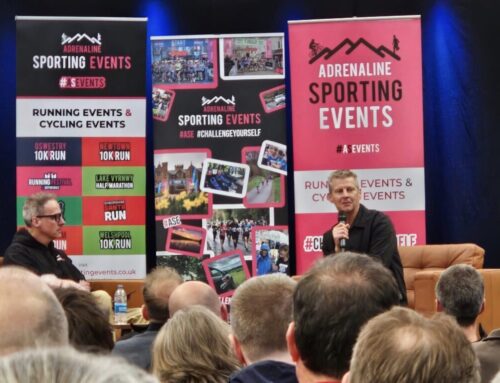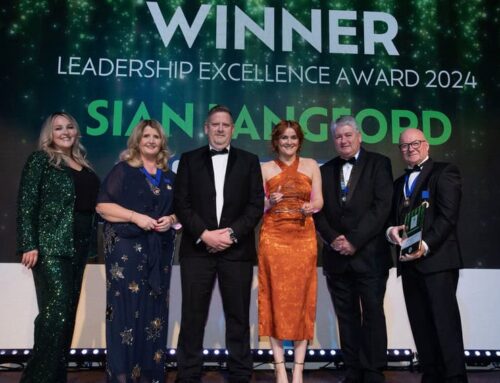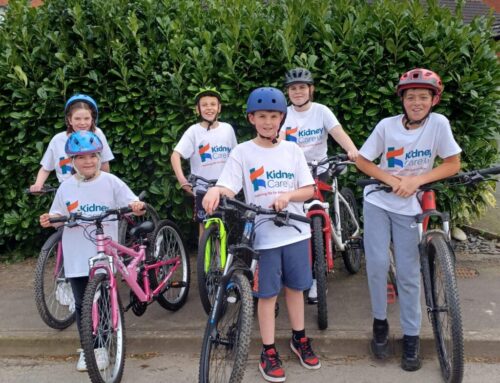Broadcast professionals have given students at Wrexham Glyndwr University an insight of what it’s like to be at the heart of the action – and tips on building their own careers.
BBC 6 Music presenter Nemone Metaxas and Radio Five Live presenter and podcaster Chris Warburton spoke to Creative Media Students at Wrexham Glyndwr University as part of the ongoing Creative Futures sessions at the university.
The sessions – which were digitally-delivered through Zoom – allowed the students to hear the industry professionals in conversation with senior lecturer at Glyndwr, Graeme Park, and pick up advice on building a career in the media, working with audiences – and how to deal with fast-moving news stories and celebrity interviews.
Chris presents the weekend Breakfast programme on Five Live, and has also made a series of acclaimed podcasts for BBC Sounds, on topics as diverse as Waco, the 90s rave scene, and the true-crime case of Michael Peterson, whose trial gripped the US.
He told students about how he’d started off at university – and worked from there to build up his broadcasting experience.
He said: “Whenever there is an opportunity for you to write or record something, grab it, keep hold of it, and use it as evidence for your love of what you are trying to go into.
“If you can build that up over time and show that is a passion of yours, that will count massively as time goes by.”
Nemone , who currently presents the 6 Mix on 6 Music, talked to students about how she worked her way from reception at Kiss 102 in Manchester through to Radio One, 6 Music and beyond – as well as talking about her work as a qualified psychotherapist.
She described how she’d initially gone for a job at Kiss 102 and been turned down – but had kept in touch with the station and, when an opening came up as a receptionist, took it.
She said: “I would stay after my stint in reception and writing sales reports, and learn how all the equipment worked.
“I felt at home in the studio and I just wanted to know how it worked, I wanted to be
able to play records, I just kind wanted more of it – but it meant 12-hour days of doing reception, staying behind, and then going and doing my bar job – but I did it.”
Chris’ first role after his degree was in also in local radio and again, he emphasised the importance of learning as much as possible through hands-on experience.
He said: “When I went into BBC local radio, you get a chance to do everything –which is why it was so brilliant.
“You get a chance to read the news, you get a chance to write the news, you get a chance to put together the breakfast programme in a production sense, you get out to report, you get a chance to present, if that’s what you want to do as well – so you are really building up your skills in absolutely everything.”
As Chris and Nemone developed their careers, each began to build up a network of contacts – with Nemone stressing to students how key building these relationships can be – starting with their tutors, fellow students, and sessions such as Creative Futures.
She said: “You are establishing a network at every single stage in your career.
“That could be the fact that Graeme Park is your tutor. The fact that you have attended a Creative Futures where we are talking enables you to email and say ‘Nemone, I saw you talking to Graeme, can I ask you a question?’
“From the get-go you are making contacts, from the moment you are starting working or you start approaching people. I’m not saying it’s easy but it just requires that kind of bigger landscape view.”
Alongside developing an understanding of the people they work alongside, Chris told the students to think about each job they work on or apply for too.
He added: “If you are new to a job, it’s important for you to understand what makes that place tick. What are the priorities of that place?
“We have people coming into Five Live who evidently don’t know really know we are, what we do, don’t really know many of the presenters, don’t really know what the different programmes are – is that going to impress us? No, of course it’s not.
“The people who really impress are the people who have done a bit of their homework.”
Nemone – who showed her own research and preparation when she made sure the students she was talking to were aware of both Glyndwr’s Student Information Desk and its links to counselling services – explained how good research is not only key for job interviews – but also for every show broadcasters do.
She said: “I would not approach anything that I intended to broadcast without a huge amount of prep. Some of the most successful shows, that sound like they are done on the hoof, incorporate an unimaginable amount of work.
“I wouldn’t ever approach an interview without having done research on my guests. I think some of the guests that I have interviewed have said ‘oh you really know what you are talking about’ and actually, if somebody demonstrates that they know something about you, then that’s when you are going to get the best interviews out of people.”
Each session – alongside others which have featured leading actors, comedians, futurists and many more – has been recorded, and each also offered students the chance to pose their own questions to the guests.
Speaking afterwards, Graeme added: “Glyndwr’s Creative Futures events may be somewhat different right now – but our guests have adapted brilliantly and these two sessions really played to Chris and Nemone’s strengths. I’d like to thank both of them very much.
“In the space of two hours, Glyndwr students learnt about broadcasting from places as diverse as the aftermath of the Grenfell disaster, the Olympics and the Glastonbury Festival – and the best way to get great radio from Arnold Schwarzenegger, Dave Grohl, Liam Fox or the UK’s foremost cockroach expert.
“Most of all, they heard from leading industry professionals about forging a broadcasting career – how to get started, get ahead – and how to get noticed.”

Pictured: Chris and Nemone are attached


